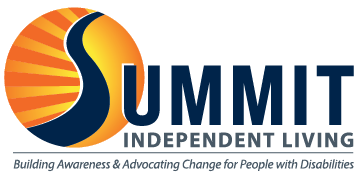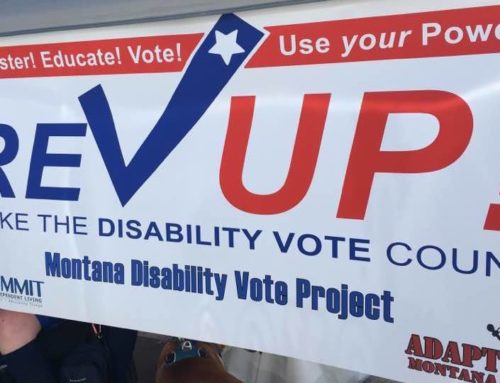Spring is just around the corner, and all of the animals, including humans, are experiencing a rise in our “Twitterpation.” And yes, this also includes those of us with various disabilities. We have sexual needs and desires, too.
The bottom line is that our desires and needs for intimacy and sexual behavior are perfectly natural!
The desire to learn more and know more about sexual behavior and intimacy is an essential part of being human, able-bodied or not. The physical and emotional aspects of sexuality, despite any physical loss of function we may experience, are just as important for disabled people as for non-disabled people. When we become fully aware of our bodies and their capabilities (in terms of emotional and physical intimacy and sexual behavior), we empower ourselves to be intimate, to be able to communicate our needs, and to engage in satisfying sex, whether alone or with another person.
There are those who see disabled sex as taboo. However denying this aspect of our humanity does not make it go away. Not only does that view take away from our humanity, but it is also argued that by denying people with disabilities lives with intimacy, we are denying access to full human rights. Gary Karp (1999) says it best, “Whatever your situation—whether newly injured or living with a disability all your life, young or mature, single or in a committed relationship—sexuality is a part of your nature.”
When considering whether to pursue or continue intimacy and/or sexual behavior, we need to remind ourselves that:
• Each of us is a precious, worthwhile person who deserves to love, and receive love through emotional and physical intimacy.
• We need to follow our intuition and learn about our individual bodies, and how they react to different methods of touch.
Our unconscious assumptions about what various parts of our bodies are capable of feeling can unnecessarily limit our potential pleasure if we let them. So we must put those assumptions aside and find out for ourselves what feels good, what we want, what we don’t want, and how all the parts of our bodies react to touch.
• Once we become aware of what we are thinking, consciously and unconsciously, and what we are feeling, we empower ourselves to get our needs met and our desires fulfilled.
For further information check out the following website and books:
www.sexualityanddisability.org
Love, Sex and Disability
by Sarah Smith Rainey
The Ultimate Guide to Sex and Disability
by Miriam Kaufman, Cory Silverberg, and Fran Odette




